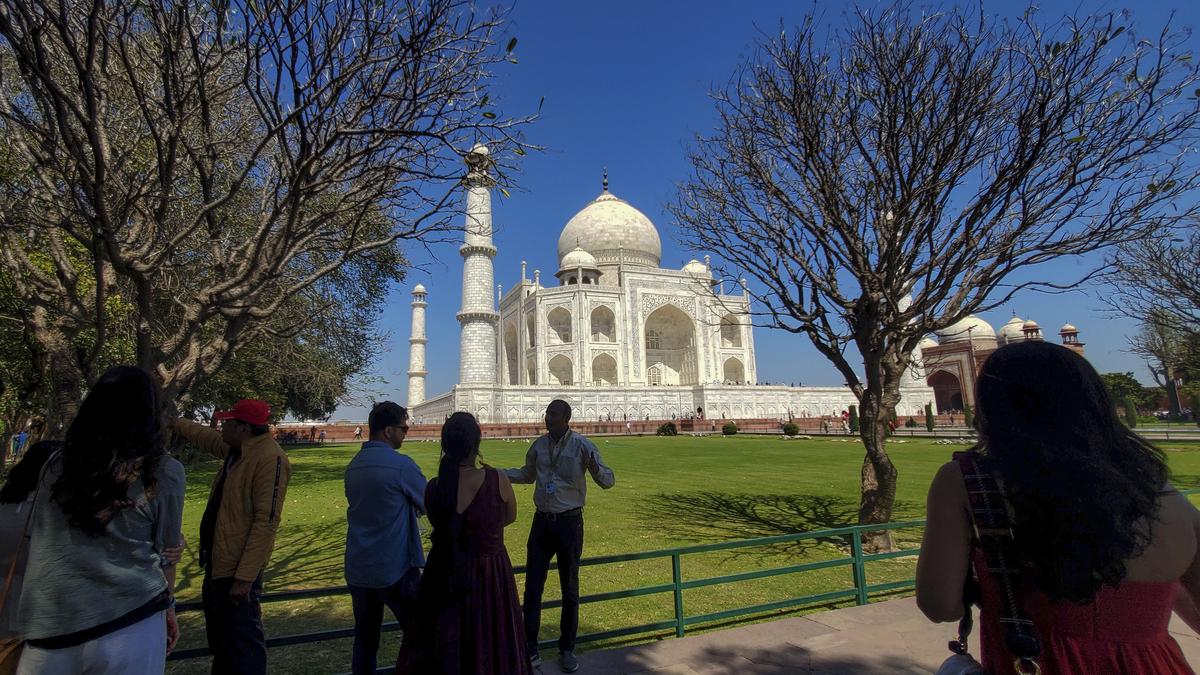Only 33.4% of the funds allocated in 2023-24 (₹801.81 crore out of ₹2,400 crore) were utilised. Representational file image.
| Photo Credit: PTI
A Parliamentary Standing Committee has noted with serious concern the “chronic” pattern of fund underutilisation by the Union Tourism Ministry. This is not merely an administrative challenge but a fundamental impediment to the growth of India’s tourism potential, the panel noted.
Only 33.4% of the funds allocated in 2023-24 (₹801.81 crore out of ₹2,400 crore) were utilised. The trend continued in 2024-25, with only ₹396.82 crore utilised out of the allocated ₹2,479.62 crore. The alarming statistics indicated deep-rooted systemic inefficiencies that required comprehensive structural reforms, the Department-Related Parliamentary Standing Committee on Transport, Tourism and Culture said in its report submitted in the Rajya Sabha.
Also read |‘India’s travel & tourism market likely to grow to $34.1 billion by 2029’
The report goes on to say that the Ministry had attributed this underperformance to administrative bottlenecks, procedural delays, and coordination challenges with implementing agencies. The committee says it found these explanations “inadequate, and reflective” of entrenched operational weaknesses that demand immediate redressal.
Digital initiatives
In its report on Demand for Grants 2025-26 for the Ministry of Tourism, the panel also recommended implementing a comprehensive Integrated Digital Project Management System (IDPMS) modelled after successful endeavours like Tamil Nadu’s tourism data collection and analytical method for tracking visitor footfalls.
“This centralised platform will facilitate end-to-end project lifecycle management, from proposal submission to fund disbursal and utilisation certificate processing with embedded automatic alerts and escalation protocols for pending actions,” it said.

The system should incorporate real-time dashboards accessible to all stakeholders, including the Ministry officials and State tourism departments, ensuring transparency on project status, fund utilisation, and procedural bottlenecks requiring immediate intervention.
Incentives for States
Apart from this, the committee recommended the development of a Tourism Implementation Rating System (TIRS) to evaluate and rank States based on their efficiency in implementing tourism projects, timely submission of required documentation, and overall fund utilisation patterns.
This performance-based framework would create healthy competition among the States while providing objective metrics for allocating additional resources to high-performing regions. The States consistently demonstrating superior implementation capabilities should receive incentives, including priority funding for new projects, relaxed procedural requirements, and recognition through annual tourism implementation excellence awards, it said.
Published – March 31, 2025 10:22 pm IST
